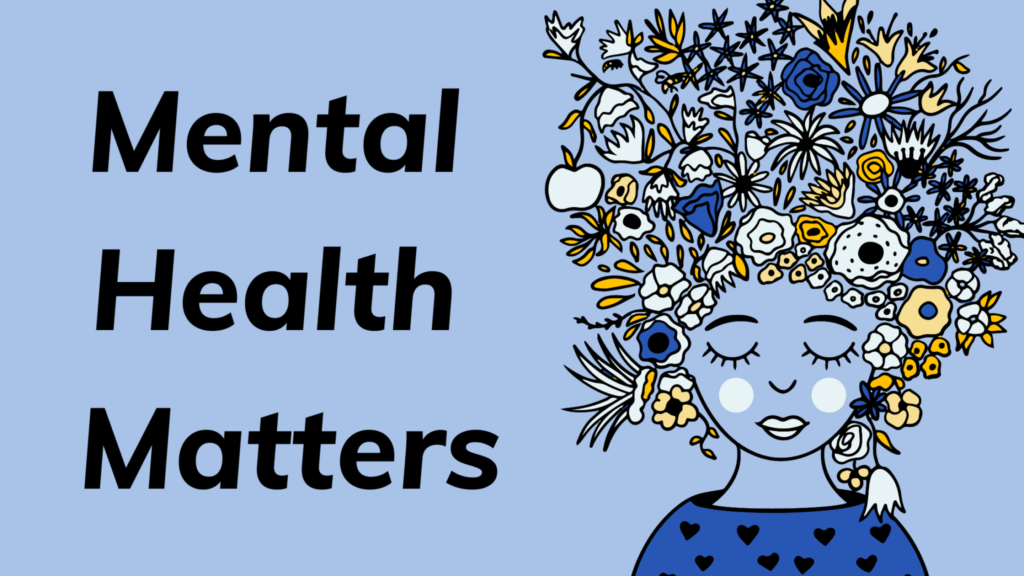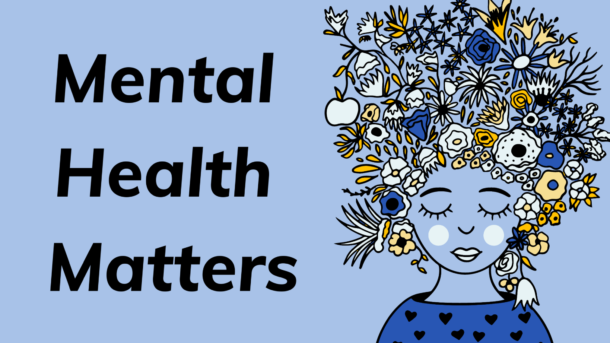What is stigma?
Misunderstanding mental illness can cause serious problems. Learn how to address stigma.Stigma occurs when others view you negatively due to a distinctive trait or characteristic perceived (or real) as a flaw—this is a negative stereotype. Unfortunately, negative attitudes toward people with mental health conditions are common.

How stigma causes harm
Stigma often leads to discrimination. This discrimination can be obvious and direct—for example, when someone makes negative comments about your mental illness or treatment. Sometimes, however, it might be unintentional or subtle—such as people avoiding you because they assume you might be unstable, aggressive, or dangerous due to your condition. You might even start blaming yourself.
Harmful effects of mental health stigma may include:
- Hesitation to seek help or treatment
- Lack of understanding from family, friends, coworkers, or others
- Fewer job opportunities, limited social or school activities, or trouble finding housing
- Bullying, physical violence, or harassment
- Health insurance that doesn’t adequately cover mental illness treatment
- Believing you’ll never succeed at challenges or improve your situation
Ways to Cope with Stigma
You can take steps to counter stigma:
- Seek treatment. You might resist admitting you need help, but don’t let fear of stigma stop you. Treatment helps identify problems and reduce symptoms affecting your work or personal life.
- Don’t internalize shame. Stigma isn’t just from others. You might wrongly believe your condition shows weakness or that you should “handle it alone.” Counseling, self-education, or connecting with others facing similar challenges can rebuild self-esteem and quiet self-criticism.
- Stay connected. If you have a mental health condition, you may want to keep it private. However, trusted family, friends, faith leaders, or community members can offer support, empathy, and understanding when they know what you’re facing.
- Separate yourself from the illness. You are not your illness. Instead of saying “I am bipolar,” say “I have bipolar disorder.” Don’t call yourself “schizophrenic”—say “I live with schizophrenia.”
- Join support groups. Organizations like the National Alliance on Mental Illness (NAMI) offer local programs and online resources to educate those with mental health conditions, their families, and the public—reducing stigma. State/federal programs (e.g., vocational rehab or Veterans Affairs) also provide support.
- Get help at school. If you or your child has a condition affecting learning, explore available programs. Educators (K-12 to college) must accommodate students—discrimination is illegal. Discuss needs with teachers/staff; keeping them unaware may lead to unfair treatment or poor outcomes.
- Speak up. Consider sharing your story in community events, letters to editors, or online. Speaking out educates others and encourages people facing similar struggles.
Finally, remember that others’ views often come from misunderstanding, not facts. Accepting your condition, seeking proper treatment, reaching out for support, and gently educating others can make a significant difference.



